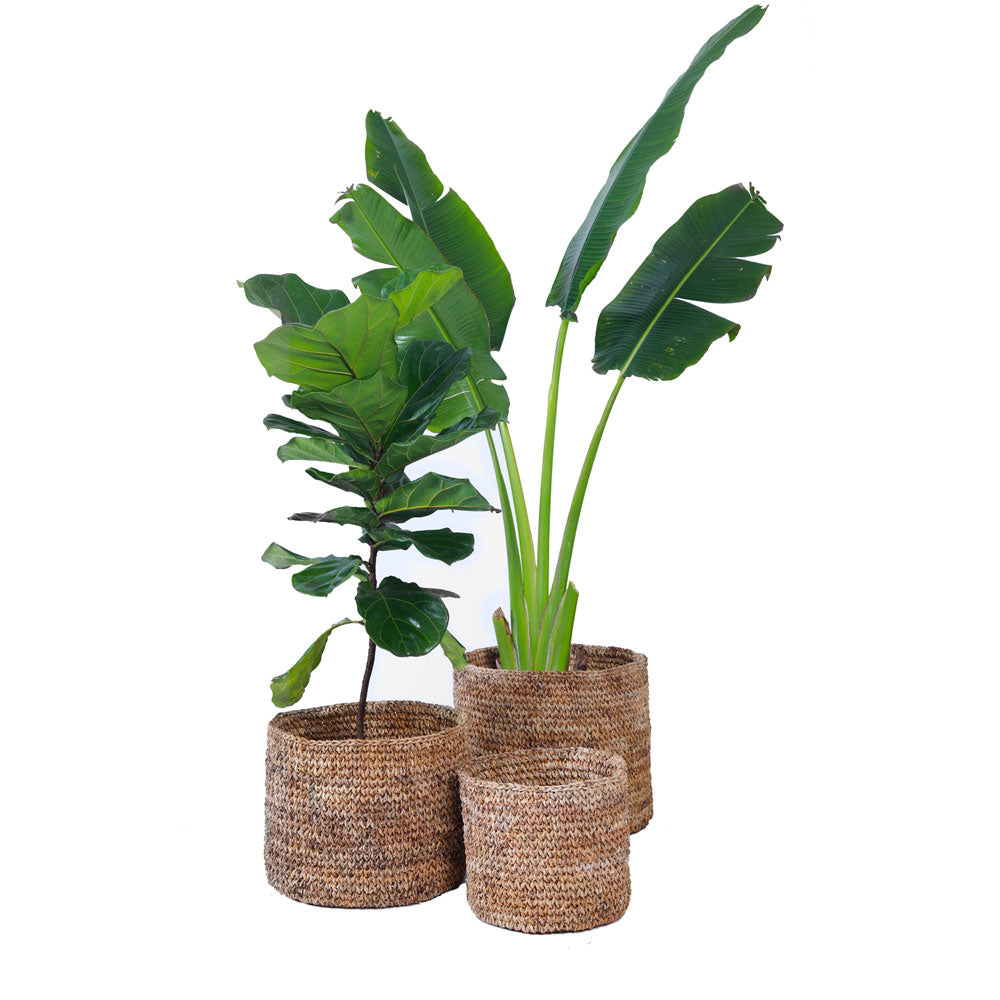Did you know that India generates around 62 million tons of waste every year? That's more than 170,000 tons per day! With this alarming amount of waste generation, it's high time that we focus on reducing the environmental impact of waste. We all know how to do that - recycling! Recycling not only helps reduce the amount of waste that ends up in landfills but also has a significant positive impact on the environment.
Now, recycling is a term usually paired with plastics and other man-made items. But have you heard of recycling wood?
Wood waste in landfills releases harmful greenhouse gases like methane, which contribute to global warming and climate change. It takes up valuable landfill space that could be used for other waste materials. Burning wood waste for energy generation can lead to air pollution and health hazards for people in the surrounding areas. Reducing and recycling wood waste is important to conserve natural resources, reduce greenhouse gas emissions, and protect the environment and human health.
Impact of Recycling Wood and Reducing Waste
Environmental Impact of Recycling Wood | Reducing Waste Production with Added Benefits | Future of Recycling Wood and Waste Reduction | Planter Recommendations
Environmental Impact of Recycling Wood
Click on the image to buy
With over 24% of its land area covered in forests, India is home to some of the most diverse flora and fauna in the world. However, with a rapidly growing population, the demand for timber and other wood products is increasing, leading to deforestation and loss of biodiversity. Recycling wood is a simple yet effective way to address this problem and provide a range of other benefits.
Reduce Greenhouse Gas Emissions: When wood waste is left to rot in landfills or burned, it releases methane and carbon dioxide into the atmosphere, contributing to climate change.
By recycling wood, we can use it to create new products such as furniture, paper, and building materials, which can help to reduce the demand for virgin timber and the related emissions from logging and transportation.
Save Natural Resources: When we recycle wood, we can extend the life of existing products and reduce the need for new ones, which in turn reduces the demand for raw materials such as timber and energy to produce them. This helps to conserve natural resources and protect the environment for future generations.
Protect Biodiversity: When forests are cleared for logging or other uses, it can have a devastating impact on the plants and animals that call them home. By recycling wood, we can reduce the demand for new timber and reduce the pressure on forests, which helps to protect the habitats of many species and promote biodiversity.
(back to top)
Reducing Waste Production with Added Benefits

Energy Conservation: Producing new products from raw materials requires a significant amount of energy, whereas using recycled materials requires much less energy. By reducing waste, we can decrease the demand for new products and reduce the amount of energy needed to produce them, which helps to conserve resources and reduce our carbon footprint.
Health & Environment: When waste is not disposed of properly, it can pollute our air, water, and soil, causing harm to both humans and wildlife. By reducing waste, we can reduce the amount of waste that ends up in landfills and reduce the risk of pollution and associated health problems.
(back to top)
Future of Recycling Wood and Waste Reduction

It's clear that waste reduction and recycling will be critical for India's sustainable future. As technology advances and awareness grows, the future of recycling looks bright, with many promising developments on the horizon.
One of the most exciting developments is the increasing use of advanced recycling technologies, such as pyrolysis and gasification, which can convert wood waste into fuels, chemicals, and other valuable products, helping to reduce waste and conserve natural resources. These technologies have the potential to significantly reduce the amount of wood waste sent to landfills and incinerators, while also creating new economic opportunities.
Another promising development is the growing popularity of the circular economy. The circular economy is an economic system that prioritizes reducing waste, keeping products and materials in use, and regenerating natural systems. This approach encourages businesses and consumers to design products that are easier to repair, reuse, and recycle, helping to create a more sustainable and resource-efficient economy.
In addition to these technological and economic developments, waste reduction and recycling are also becoming more accessible and mainstream. As people become more aware of the impact of waste on the environment and their health, they are taking small but impactful steps to reduce waste in their daily lives. From using reusable bags and containers to composting and recycling, these small actions can add up to a significant reduction in waste over time.
By adopting green practices and using innovative technologies, we can create a more sustainable future for the world. Whether it's reducing our own waste, supporting businesses that prioritize waste reduction, or advocating for policies that encourage recycling, we all have a part to play in creating a cleaner, healthier, and more sustainable planet. So let's work together towards a brighter future for ourselves and generations to come.
(back to top)
Recommendation for your Indoor Plants
Discover more planters for your Indoor Plants











 At Palasa, we believe in the seamless fusion of nature, design and humanity.
At Palasa, we believe in the seamless fusion of nature, design and humanity.